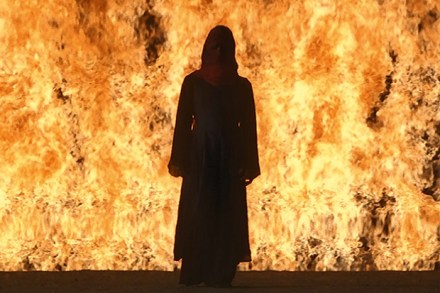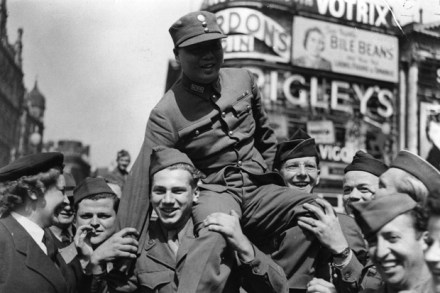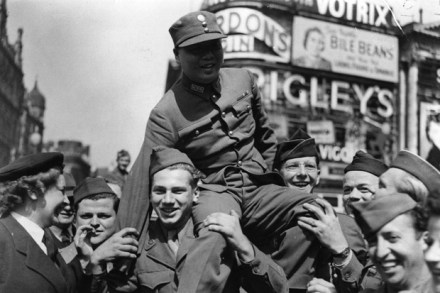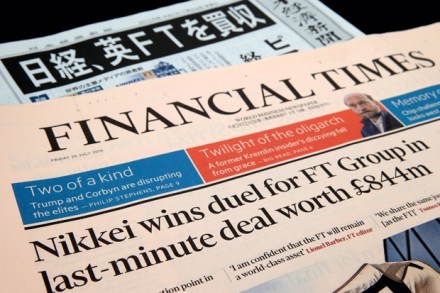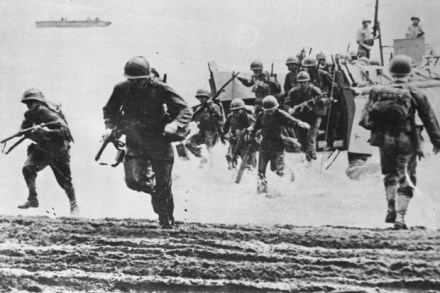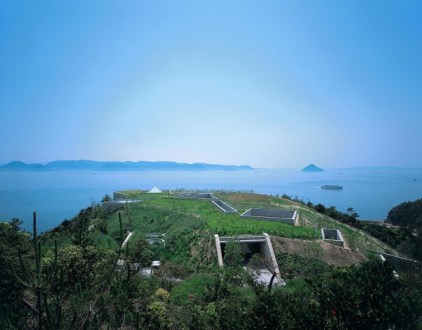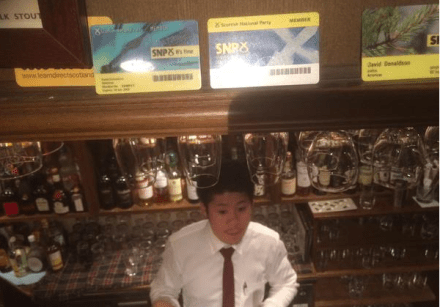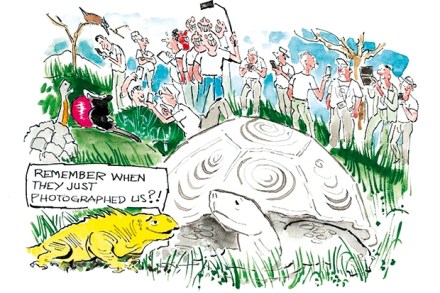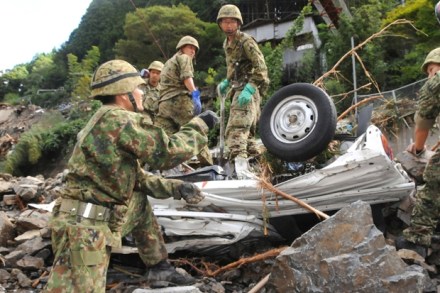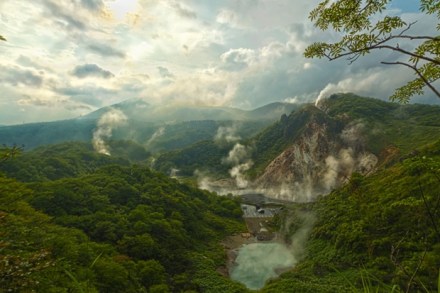Lionel Barber strengthens his ties with China
Last night’s state banquet saw Jeremy Corbyn join David Cameron, President Xi Jinping and Her Majesty to raise a glass to the beginning of a golden era of partnership between China and the United Kingdom. With Corbyn meeting the Chinese president earlier in the day to raise grievances regarding the country’s human rights track record, his encounter with the president at the dinner appeared to be a civil one. Although Corbyn’s wife Laura Alvarez chose to give the lavish do a miss, the Labour leader wasn’t short of company with other guests in attendance including the Bank of England’s Mark Carney — who previously suggested Corbyn’s economic policies would ‘hurt’ the poor, and




